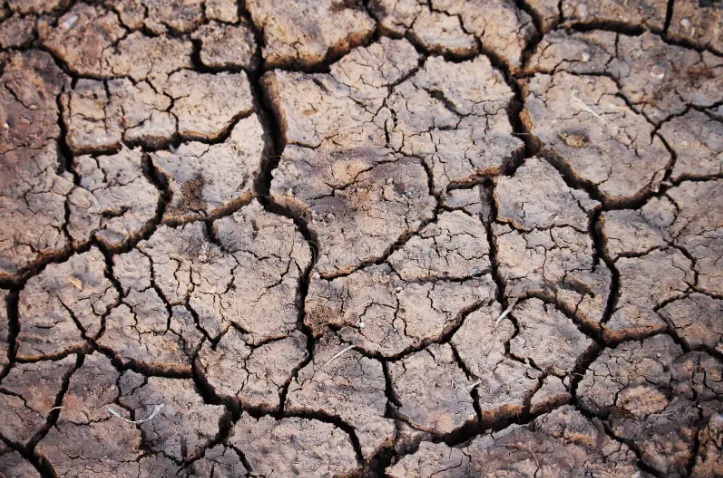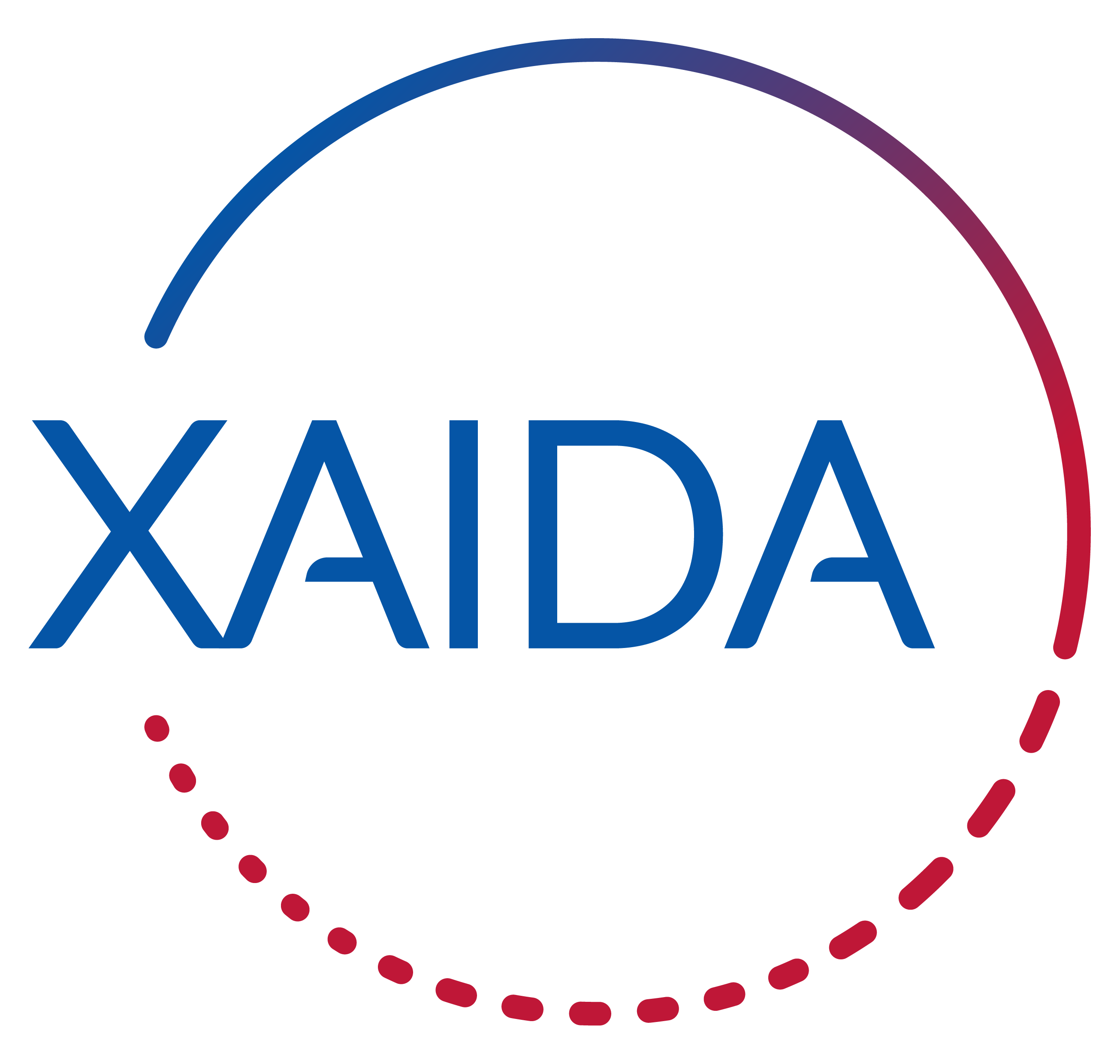HOW TO SPEND MONEY FROM THE CLIMATE LOSS AND DAMAGE FUND FAIRLY AND QUICKLY
The paper is led by Dim Coumou (Institute for Environmental Studies, Vrije Universiteit Amsterdam).
Reference: Dim Coumou, Paola A Arias, Ana Bastos, Charlotte Kendra Gotangco Gonzales, Gabriele C Hegerl, Pandora Hope, Christopher Jack, Friederike Otto, Fahad Saeed, Olivia Serdeczny, Theodore G Shepherd, Robert Vautard, « How can event attribution science underpin financial decisions on Loss and Damage?« , PNAS Nexus, Volume 3, Issue 8, August 2024, page 277, https://doi.org/10.1093/pnasnexus/pgae277
Floods, heat and droughts hit developing countries disproportionately. How to compensate for climate damage in these countries in a fair way? A group of scientists, led by climate researcher Dim Coumou, shows how the fund can be set up in a scientifically sound way.
During the last two climate conferences of the United Nations, delegates decided that a loss and damage fund should be established. The fund will help developing countries that suffer damage and loss due to climate change. Think of events such as floods, heat waves and drought.
Scientifically based advice
As the fund gets up and running, there will be an increasing demand for attribution science, in which researchers study the role of climate change in extreme weather. For developing countries, there is often little historical climate data available, which can make an attribution analysis difficult. Coumou and his colleagues therefore researched how you can provide scientifically sound advice in an ethical way, while also considering the uncertainties inherent in such advice. Their research was published in PNAS Nexus. “Climate extremes affect nations all around the world and impact developing countries most severely. These countries have also contributed the least to climate change », says Coumou. “Therefore, it is of the utmost importance that money to compensate for loss and damage is spent swiftly and wisely. Attribution science has a key role to play here.”
Quickly to the right place
According to the authors, scientists should rapidly make qualitative attribution statements when extreme weather occurs, so that money from the loss and damage fund gets to the right place quickly. Such attribution statements could even be made before extreme weather takes place. Coumou: “Such qualitative statements should be based on general physical principes, such as the predicted increase in short-duration, heavy precipitation during warming.”
Local knowledge
The authors propose a framework that uses different methods to assess the role of climate change on specific extremes. Furthermore, they emphasize the importance of local knowledge and context in the analysis of extreme weather risks. By combining local knowledge with state-of-the-art attribution methods, future risks can be reduced. This requires close collaboration with experts in vulnerable developing countries. Building local capacity to implement such collaboration can, in many cases, represent a paradigm shift.

Image: Google Images

